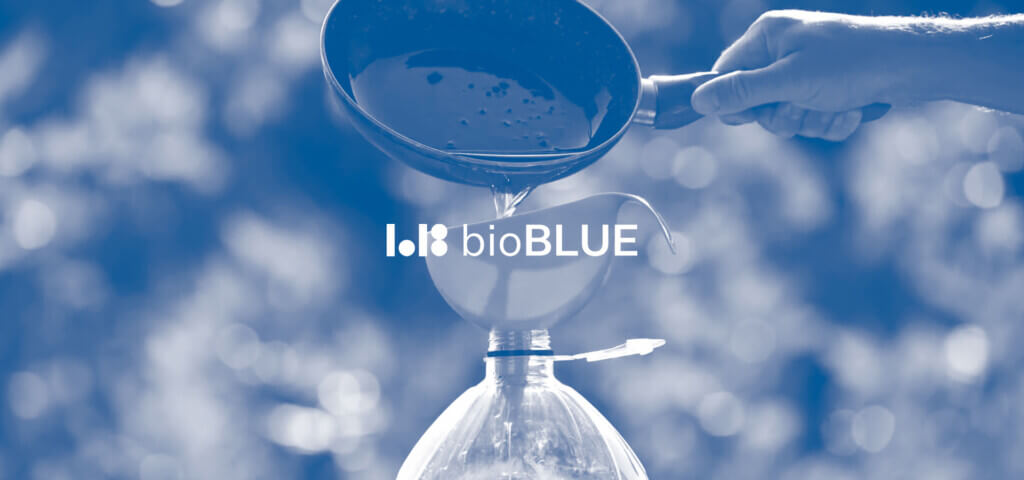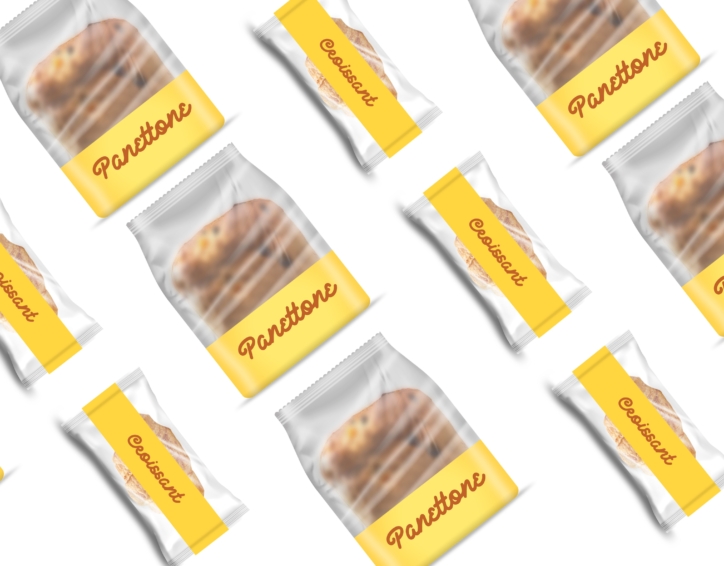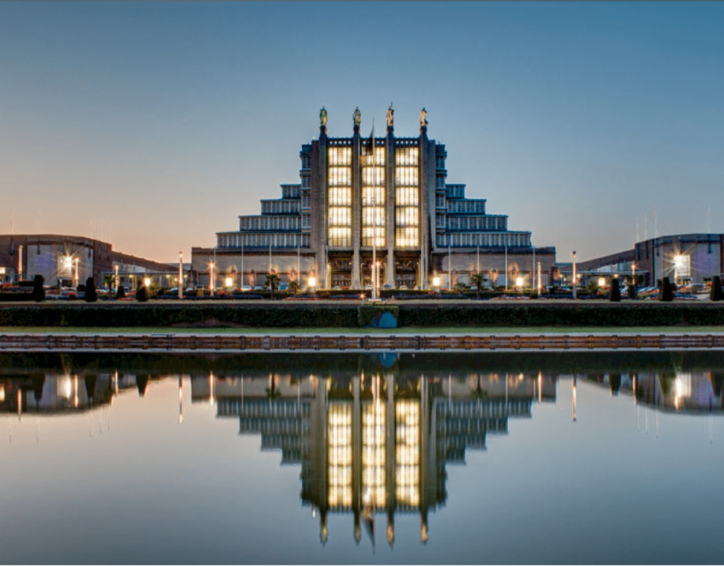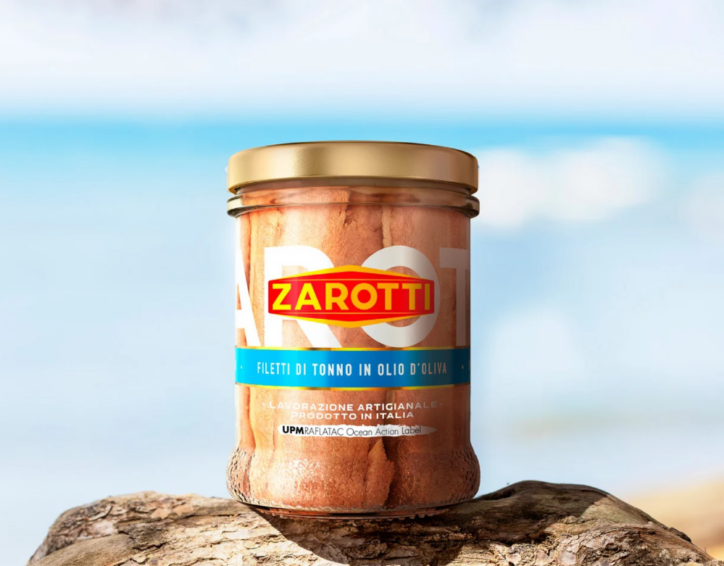Derprosa™ launched bioBLUE, a range of Biobased Polypropylene Laminating Films

Derprosa™ bioBLUE is Taghleef Industries’ version of laminating films that contribute to the use of plastic resins that come from second generation feedstock of vegetable sources such as waste cooking oil. These resins are made from vegetable oils for human consumption that have already been used and would otherwise become waste.
In this way, not only do we give a new life to these oils and eliminate waste, but they also become part of a new type of product, replacing other raw materials of non-renewable fossil origin. With Derprosa™ bioBLUE laminating films you can contribute to a lower use of fossil resources and a reduction in carbon footprint.
Derprosa™ bioBLUE 30 allows the inclusion of vegetable-based raw materials in the manufacture of films for paper and cardboard lamination in graphic arts projects.
For every kilogram of Derprosa™ bioBLUE 30 films marketed, we are contributing to not using 300 grams of fossil-based resins and replacing that amount with a bio alternative of the same quality but vegetable origin.
30% of the resins used to produce these films come from waste cooking oils (like the ones used by restaurants for frying chips). Currently, two different origins for these vegetable oils can be distinguish from which resins of polypropylene, of the same quality as traditional fossil-based, can be obtained:
- First generation BIO feedstock: comes from natural vegetable oils that have had no other use, as obtained from plants and seeds.
- Second generation BIO feedstock: comes from natural vegetable oils that have already been used for cooking, both domestic and in the hotels and restaurants sectors.
Derprosa™ bioBLUE uses 30% of biobased resins obtained from second generation BIO feedstock.
Same properties, same quality and less CO2
All Derprosa™ bioBLUE laminating films offer the same technical characteristics, performance, aesthetic and quality results as the equivalent versions made entirely from 100% traditional fossil-based materials; in other words, any Derprosa™ bioBLUE 30 film is essentially the same as its non-bioBLUE namesake, but contributes to far less CO2 emissions.
- Same features
- Same machinability
- Same quality
- Same yield
- Same results
Partially of vegetable origin
This involves the use of percentage of resins of waste vegetable origin obtained from ISCC PLUS (International Sustainability & Carbon Certification) certified industrial suppliers according to mass balance criteria. By means of chemical processes, waste vegetable oils are transformed into their original components to obtain polymers identical to those coming from fossil sources, which will finally be used to manufacture Derprosa™ bioBLUE films.
ISCC PLUS Certification
Similarly, the manufacturing process and traceability of Derprosa™ bioBLUE films is certified by ISCC (International Sustainability & Carbon Certification) according to mass balance criteria. In this way, the entire process is guaranteed, from procuring the raw material to manufacturing of each individual roll, with the ability to certify the amount of raw material of Bio origin that has been contributed to its manufacture. Taghleef Industries SL is an ISCC PLUS certified company.
If you want to know more about these new films in particular, or if you have a project for which these films would be the ideal match for better sustainability and carbon footprint reduction and you need more details, samples or a quote, do not hesitate to contact us or visit this page.


